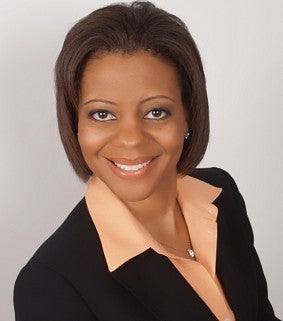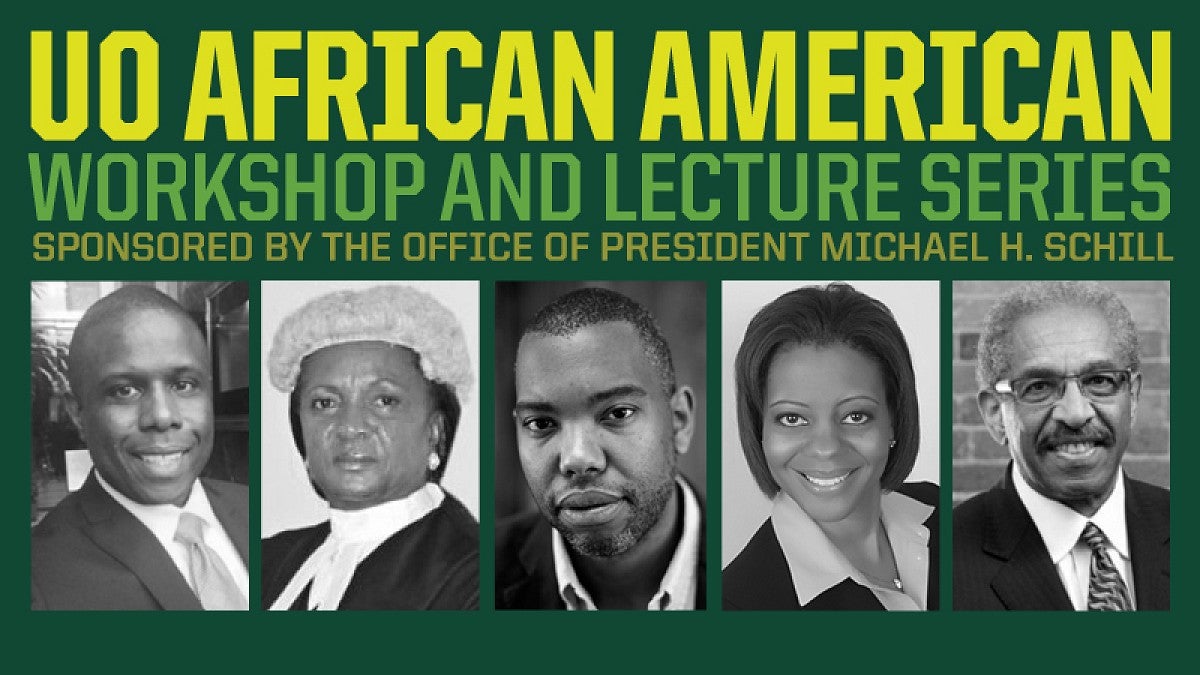The UO will launch its first-ever African-American Workshop and Lecture Series with a talk by a national expert on how universities can draw more people from underrepresented groups into science-related majors and academic careers.

Kelly Mack, a professor of biology and former senior program advisor for the National Science Foundation’s ADVANCE program, is the first of five African-American speakers scheduled to hold workshops, town hall meetings or training during fall and winter terms. Mack will be on campus Monday, Oct. 17, and Tuesday, Oct. 18.
The series is part of President Michael H. Schill’s effort to increase diversity in many areas of the university and was sparked by concerns raised by the UO’s Black Student Task Force. The effort has a particular emphasis on bringing members of more underrepresented groups to faculty positions and the student body.
The theme of Mack’s visit is “Envisioning, Attaining and Institutionalizing Diversity in STEM Education and Research” and will include public discussions and intimate meetings where the campus community will be able to do a deep dive into how to increase persistence among women and people of color in higher education.
RELATED LINKS
Five scholars to visit UO for African-American speaker series
Trustees accept president’s proposal, dename Dunn Hall
Black Greek-letter groups assess new campus chapters
New academic community helps unite black UO students
President outlines process for reviewing building names
UO taking action on African-American student issues
A town hall meeting will be held with Mack at 1 p.m. Monday in the Erb Memorial Union Crater Lake Room, RSVP at http://tinyurl.com/hlunu4u. A student focused forum in the same location at 10 a.m., RSVP at http://tinyurl.com/grqqvhc. A faculty forum is also scheduled at 2:30 p.m. in Room 220 Gerlinger Hall, arranged by Sari Pascoe, assistant vice president for campus and community engagement in the Division of Equity and Inclusion.
Mack is the vice president for undergraduate STEM education at the Association of American Colleges & Universities and executive director of Project Kaleidoscope, a nonprofit organization focusing on undergraduate STEM education reform. STEM is shorthand for science, technology, engineering and math.
In the article “The Language of Change” in the 2015 issue of the journal Peer Review, a publication of the university association, Mack wrote, “Regardless of the order of magnitude of our approaches, it is accepting the certainty of change — not change itself — that is perhaps the most pressing demand of our reform effort. Absent this, we are destined to fail in mitigating persistent disparities in STEM higher education, achieving collaborative leadership, and, most importantly, aligning what we do with who we serve and how we think.”
—By Tobin J. Klinger, University Communications


